No alternative to 'diplomacy and dialogue’ in Ukraine crisis, says UN official
The UN political affairs chief has stressed that there is no alternative to “diplomacy and dialogue” in resolving the crisis over Ukraine, which has led to heightened tensions between Russia and the West.
At a UN Security Council meeting, the Under-Secretary-General for Political and Peacebuilding Affairs, Rosemary A. DiCarlo, said any military intervention involving Russia or NATO alliance forces must be averted.
The UN official underscored the “complex and long-standing security concerns and threat perceptions that have been raised”, while echoing the UN chief’s call that “diplomacy and dialogue” are the only means to end the standoff.
The UN Security Council meeting came as Russia and the US-led NATO continue to be at odds over Ukraine.
Western powers accuse Russia of amassing troops near the Ukrainian border to invade or attack the country. Moscow rejects the allegations and says the deployments are defensive in nature.
“Accusations and recriminations among the various actors involved in the ongoing discussions have created uncertainty and apprehension for many that a military confrontation is impending”, DiCarlo said.
I stressed in the Security Council today the Secretary-General's appeal to all concerned to take immediate steps to de-escalate tensions around Ukraine. We stand ready to support all efforts to that end. https://t.co/4Agcp4pea6
— Rosemary A. DiCarlo (@DicarloRosemary) January 31, 2022
She welcomed the ongoing diplomatic efforts – including the January 13 meeting in Vienna held by Organization for Security and Co-operation in Europe (OSCE) and a January 21 meeting between the US Secretary of State, Antony Blinken, and Russian Foreign Minister, Sergey Lavrov, in Geneva – saying the world body hopes that a successful de-escalation will strengthen peace and security in Europe.
She also hailed the January 26 meeting of the Normandy format (a group with France, Germany, Russia, and Ukraine created in 2014 to address the conflict in Ukraine) that was held in Paris.
The next meeting of the format is scheduled to take place in Germany’s Berlin in the second week of February, which the UN official described as “another sign that diplomacy can work".
“Still, we remain greatly concerned that, even as these efforts continue, tensions keep escalating amid a dangerous military build-up in the heart of Europe”, DiCarlo stressed.
She called on all sides “to refrain from provocative rhetoric and actions to maximize the chance for diplomacy to succeed”.
During the UNSC meeting, the US ambassador to the United Nations, Linda Thomas-Greenfield, warned that any Russian invasion of Ukraine would have “horrific” consequences.
But, Russia’s ambassador, Vasily Nebenzia, denied that his country had any plans to invade Ukraine, saying Washington’s push for the UN Security Council meeting aimed to "whip up hysteria".
“There’s no proof to confirm these serious accusations” of a move towards war, he said, adding that they constitute "a provocation in itself".
Nebenzia also hit out at the Western powers for “pumping Ukraine full of weapons”.
In December, the Russian government had demanded that the Western military alliance deny Ukraine a membership and roll back its military deployments.
Moscow also stressed that the US must not establish any military bases in the former Soviet states that are not part of the NATO, and not form any bilateral military alliance with them.
Washington has rejected the proposals as “non-starters.”
The US and the European Union have threatened tough sanctions against Kremlin, in the event of an attack or invasion of Ukraine.
Kremlin officials, on the other hand, accuse the Western powers of Russiophobia, saying they have no right to lecture Moscow on how to act after expanding the NATO military alliance eastwards.
Russia has repeatedly reiterated that the expansion of the NATO military infrastructure in Ukraine constitutes a red line for Moscow and that any future expansion must exclude Ukraine and other former Soviet countries.
VIDEO | Former FBI agent criticizes US Congress for 'outright corruption'
IRGC chief urges Muslim countries to cut aid routes to Israel
'New chapter in cooperation': Iran, Venezuela sign new MoUs
Jordan sentences former lawmaker for supporting Palestinian resistance
Basij volunteer forces hold massive drills in southwestern Iran
Israeli war criminals 'not welcome', US city says after ICC ruling
US vetoing of Gaza ceasefire resolution ‘disgraceful’: Iran’s UN envoy
VIDEO | IAEA adopts anti-Iran resolution tabled by E3


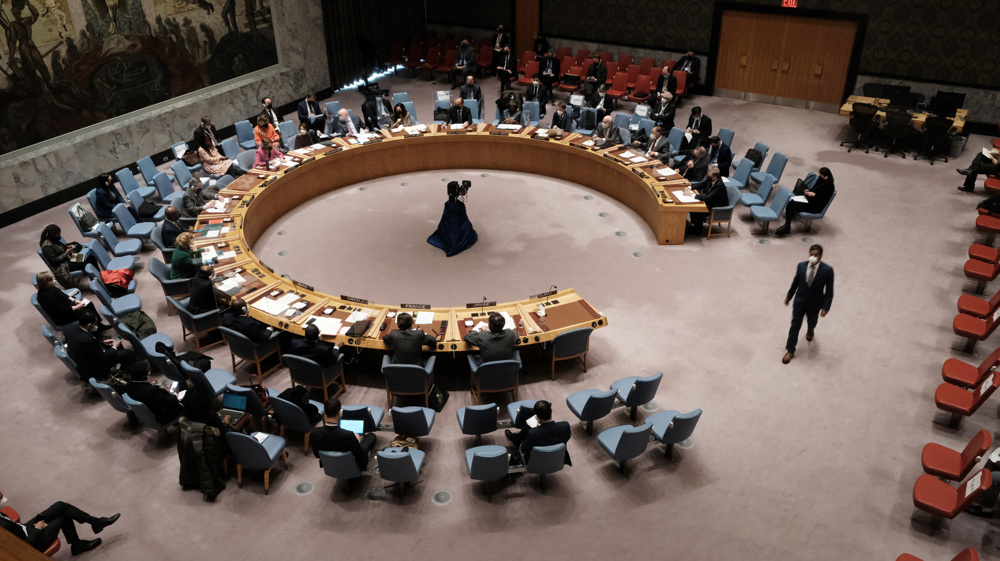
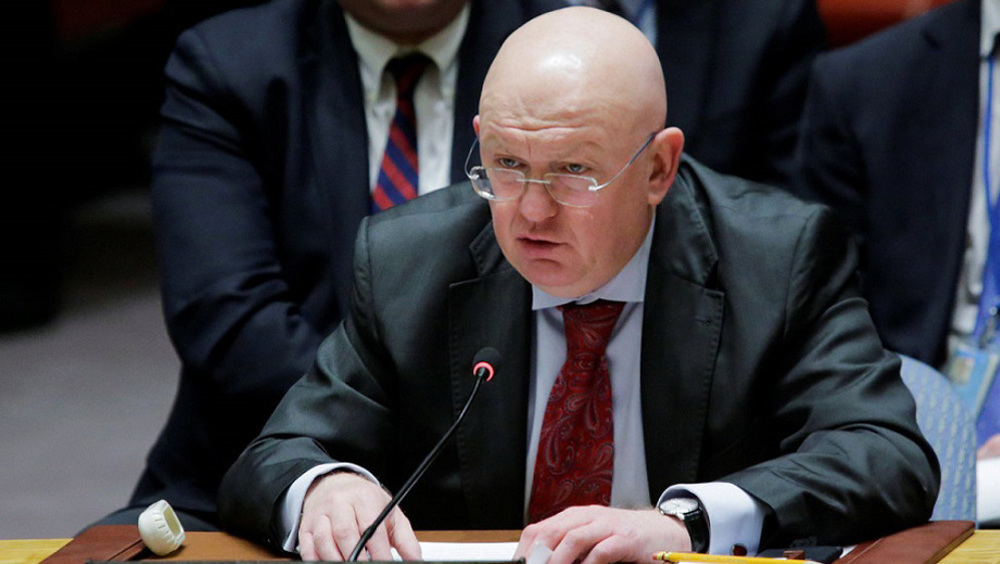

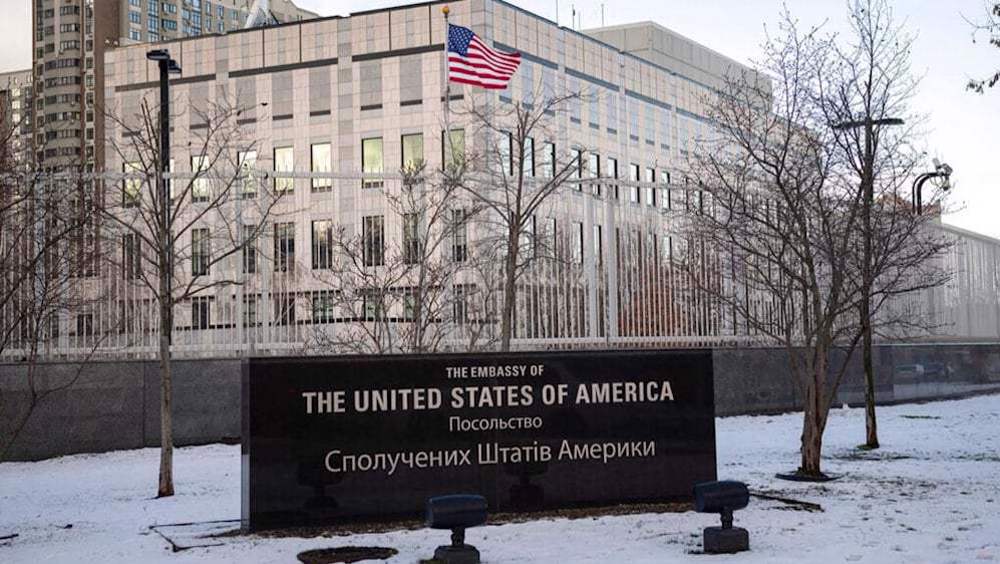
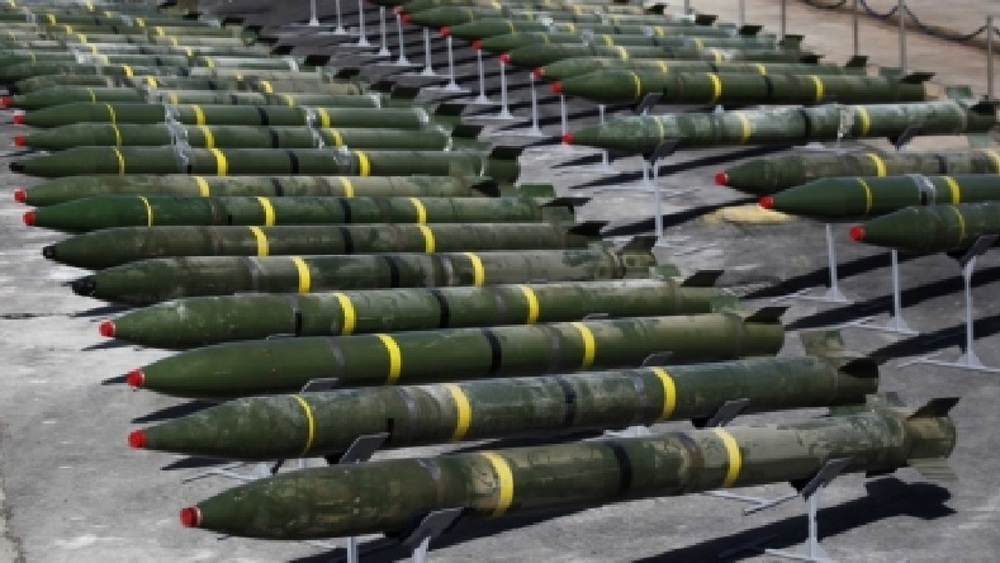



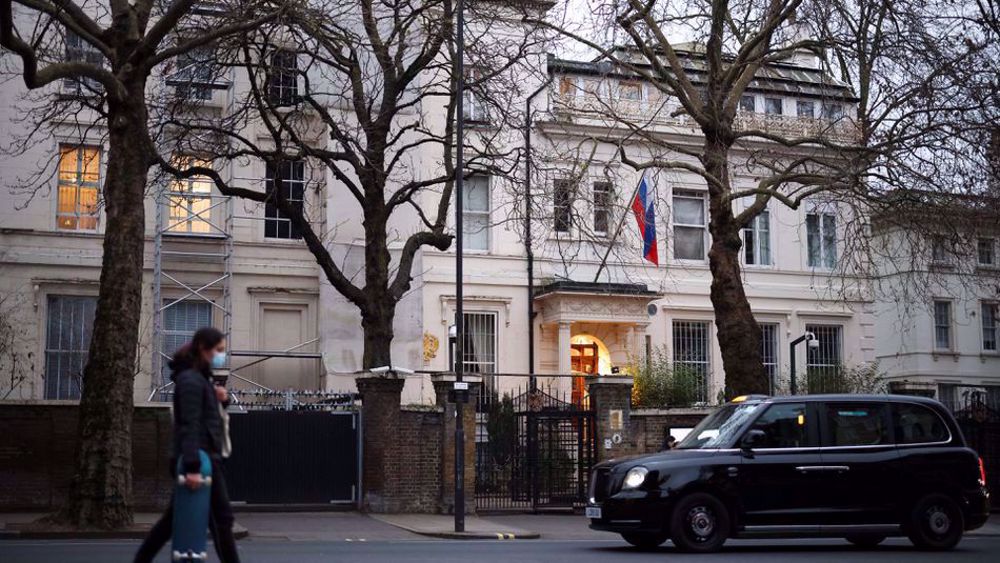
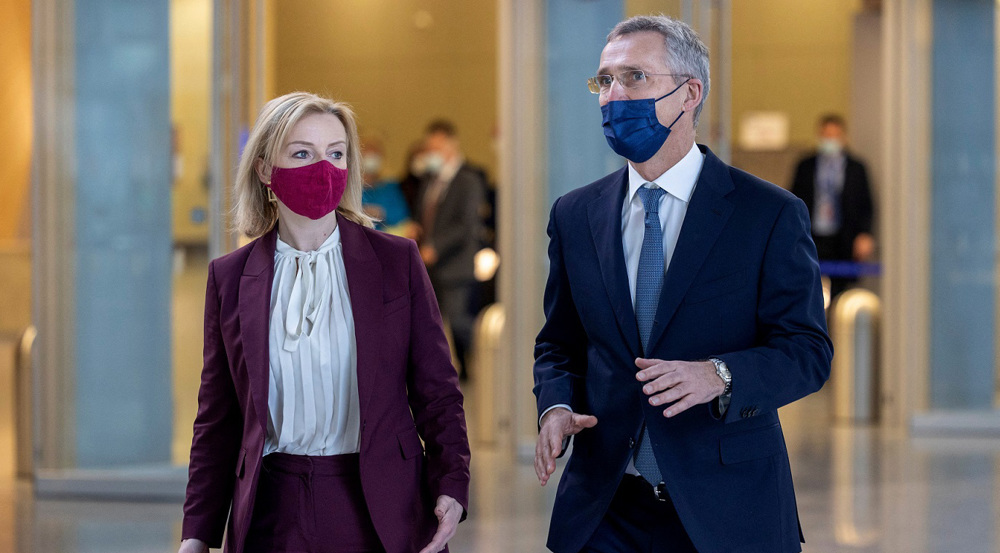
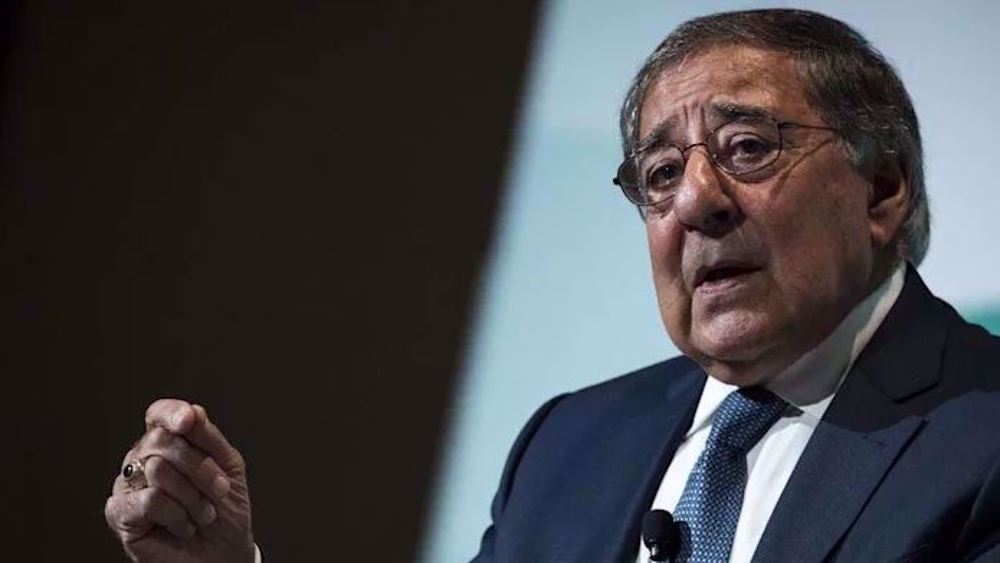
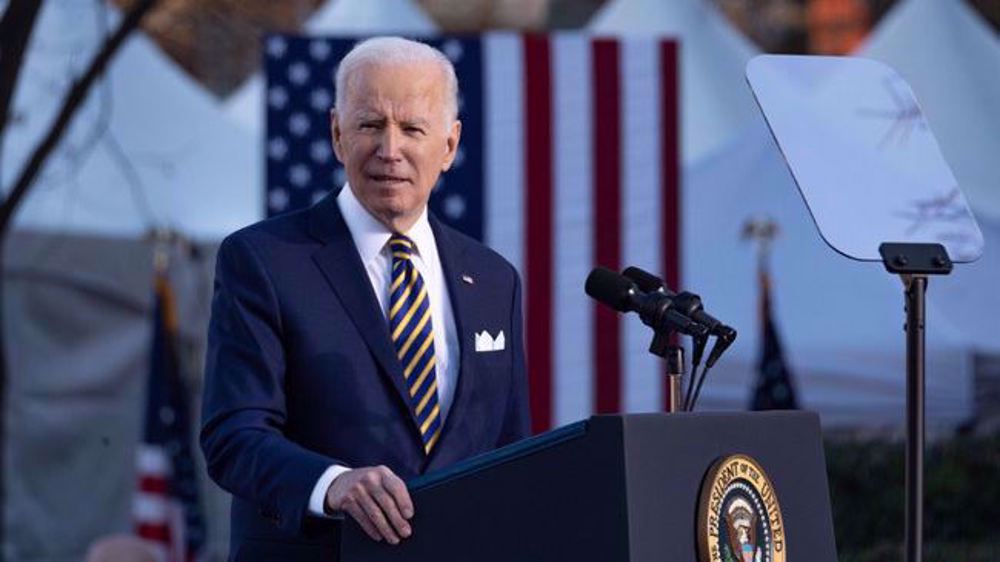

 This makes it easy to access the Press TV website
This makes it easy to access the Press TV website